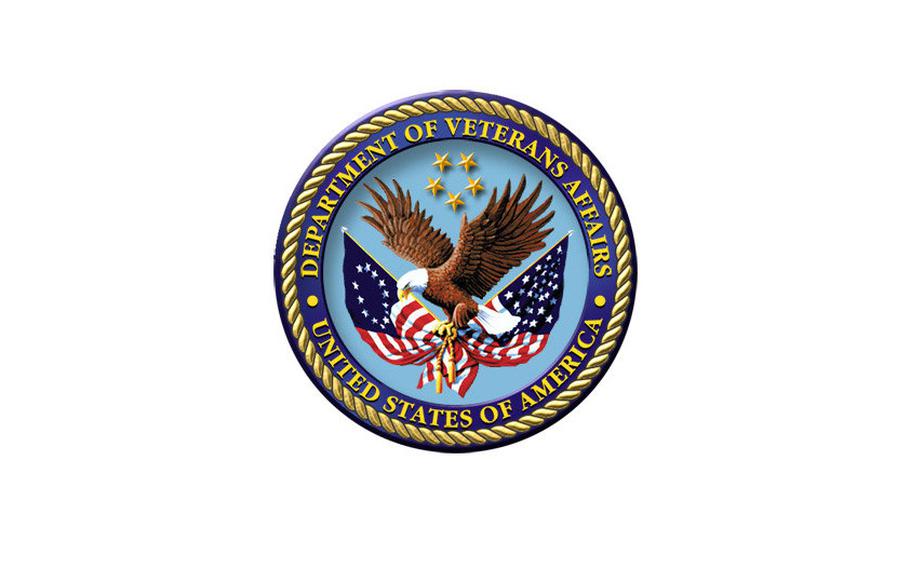
(Facebook)
The Deputy Secretary of Veteran Affairs outlined a goal for the Southern Nevada Health Care System to house at least 900 veterans experiencing homelessness in 2024.
Deputy Secretary Tanya Bradsher spoke Friday at the North Las Vegas Veteran Affairs Medical Center to address the sharp increase in veteran homelessness in Las Vegas and detail the department’s new efforts. The number of unhoused veterans in Las Vegas increased over 60% from 2022 to 2023, with 912 currently experiencing homelessness, according to the 2023 Annual Homelessness Report to Congress.
Las Vegas has the second largest number of unhoused veterans in the United States, only trailing Los Angeles. Nevada also saw a 45% increase overall in the number of veterans in the state experiencing homelessness — almost 1,100 veterans, the largest increase of any state in 2023.
In addition to Bradsher’s stated goal to house at least 900 veterans, the deputy secretary is also looking to maintain a 95% housing retention rate, which is the number of veterans that don’t fall back into homelessness.
“We will have much more for you in the specifics in the coming weeks, but for now the success of the work going forward lies in the commitment of all of those involved,” Bradsher said during the address. “So, while we’re bucking the national trend — obviously we’re seeing that growth, which is really concerning — which is why we’re going to have aggressive numbers for 2024 in making sure that we can do everything we can to house as many homeless veterans as possible.”
Several organizations in Las Vegas partner with the VA to help provide housing for veterans, including the Salvation Army and Help USA, said Kelly Rupp, coordinated entry specialist for the VA Medical Center. Veterans are able to stay in transitional housing anywhere between 90 days to six months depending on need, Rupp said.
As a coordinated entry specialist, Rupp works with the VA and partnering organizations to tailor plans and assistance for veterans who are in need. Rupp said veterans often are worried about their personal challenges, such as mental disorders or substance abuse, may disqualify them or lower their priority for housing, but said that isn’t true.
“We first focus on housing somebody, and then providing the support and resources to tackle some of those other factors that impact one’s ability to stay housed,” Rupp said.
The push to decrease veteran homelessness in Southern Nevada comes as the VA is expanding its healthcare accessibility for veterans exposed to toxic materials. On Tuesday, the VA expanded provisions from the Promise to Address Comprehensive Toxics Act to allow more veterans to enroll, including those who were exposed to hazardous materials during training.
Bradsher said one of the biggest hurdles for veterans who may need assistance with housing or medical aid is access to transportation. In August, the VA launched the use of Mobile Medical Units, which are large trucks with medical equipment designed to bring care to veterans who may be unable to reach the medical center. Las Vegas and Reno were two of over 20 cities to receive a mobile unit.
Bradsher said the VA is already seeing growth in the number of veterans submitting claims that previously hadn’t received benefits.
(c)2024 the Las Vegas Sun (Las Vegas, Nev.)
Visit the Las Vegas Sun
Distributed by Tribune Content Agency, LLC.